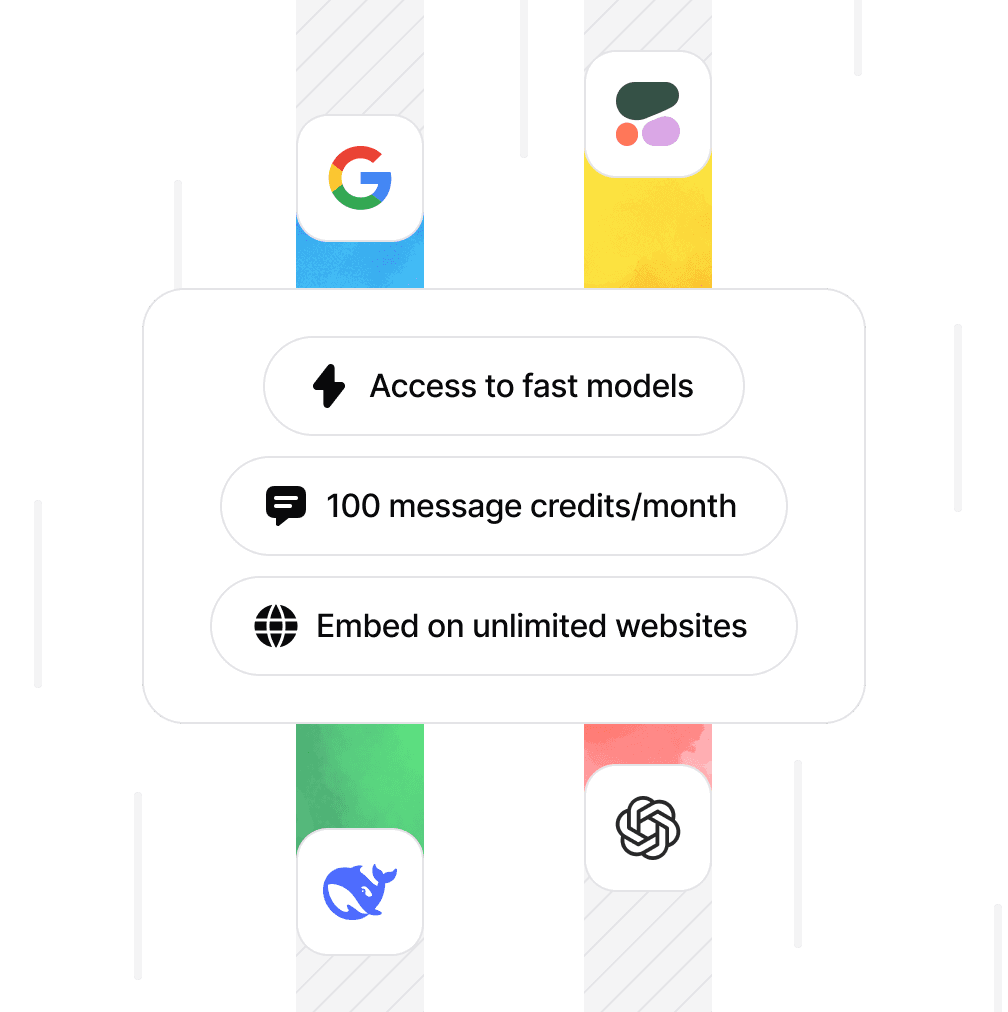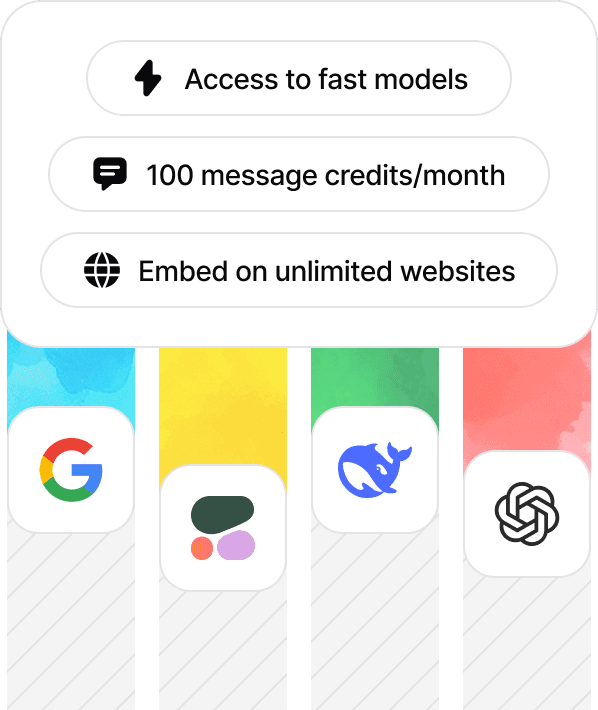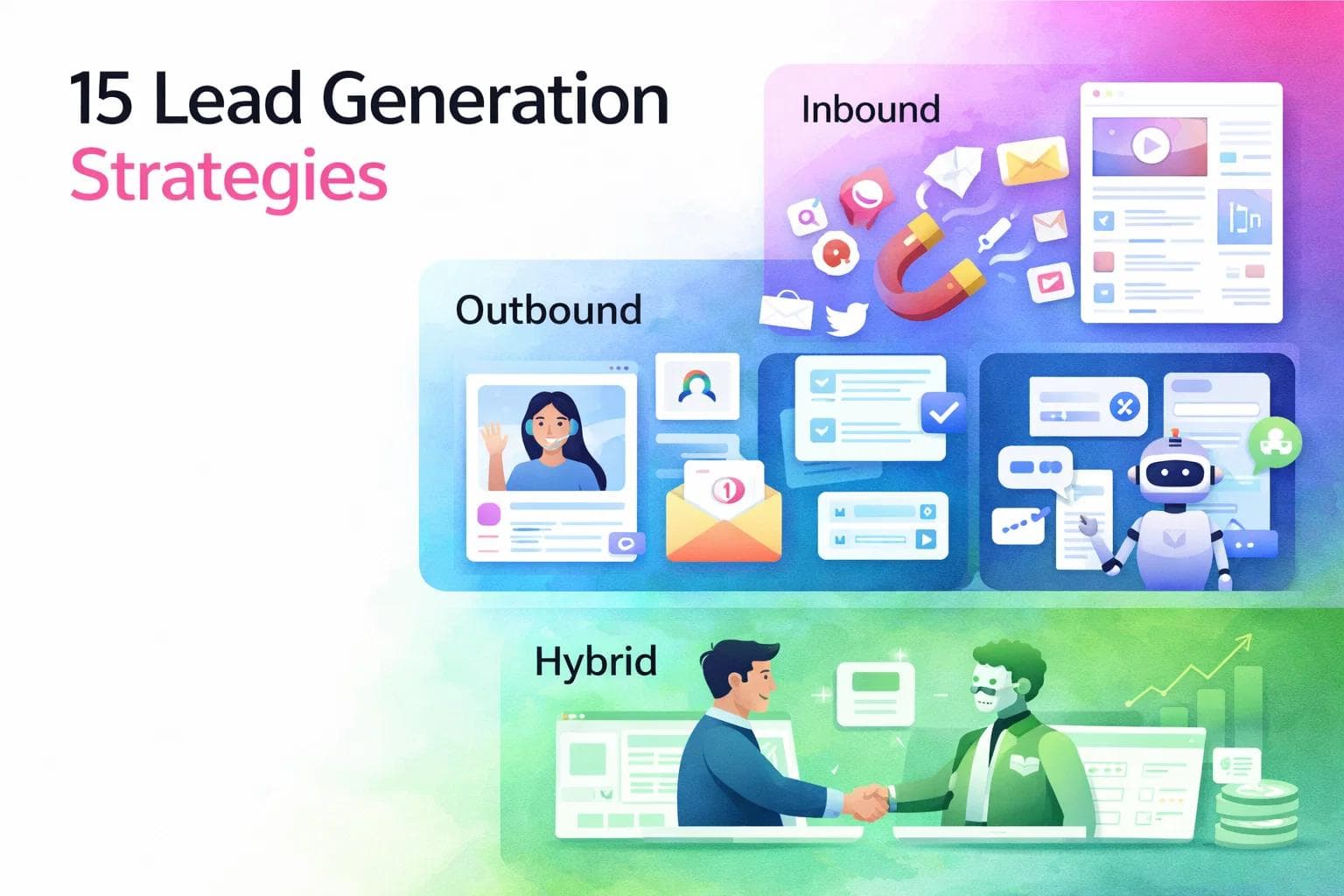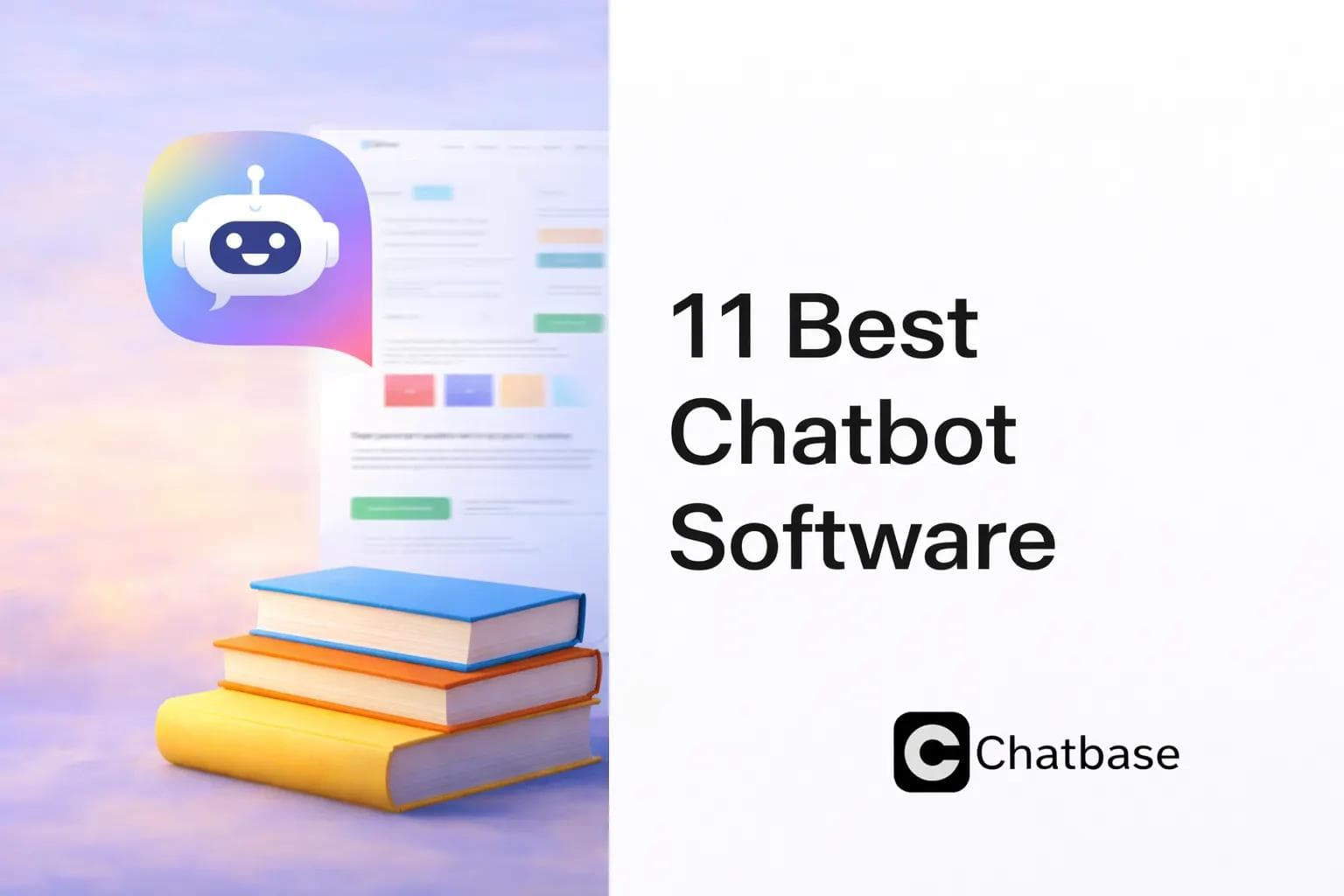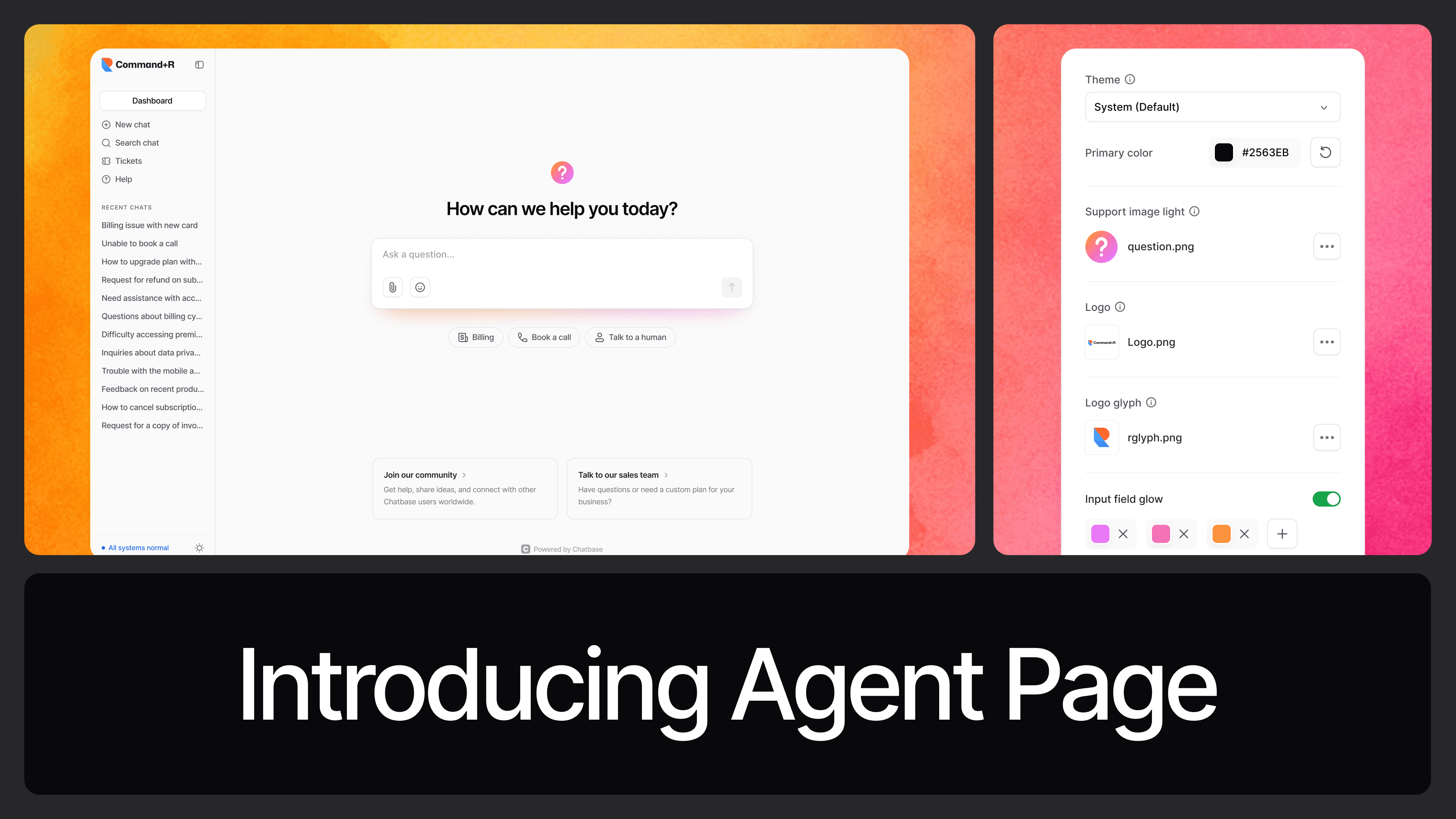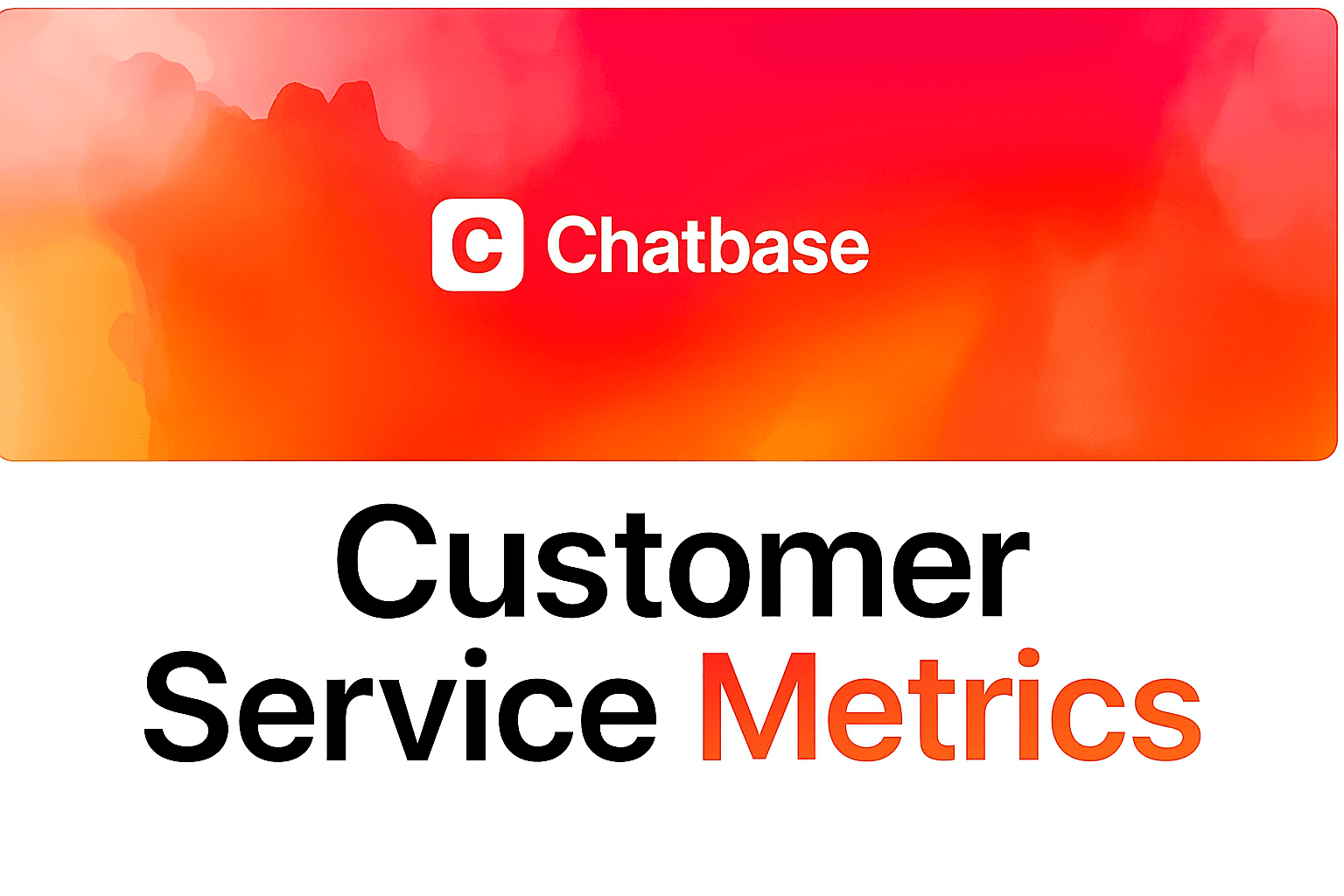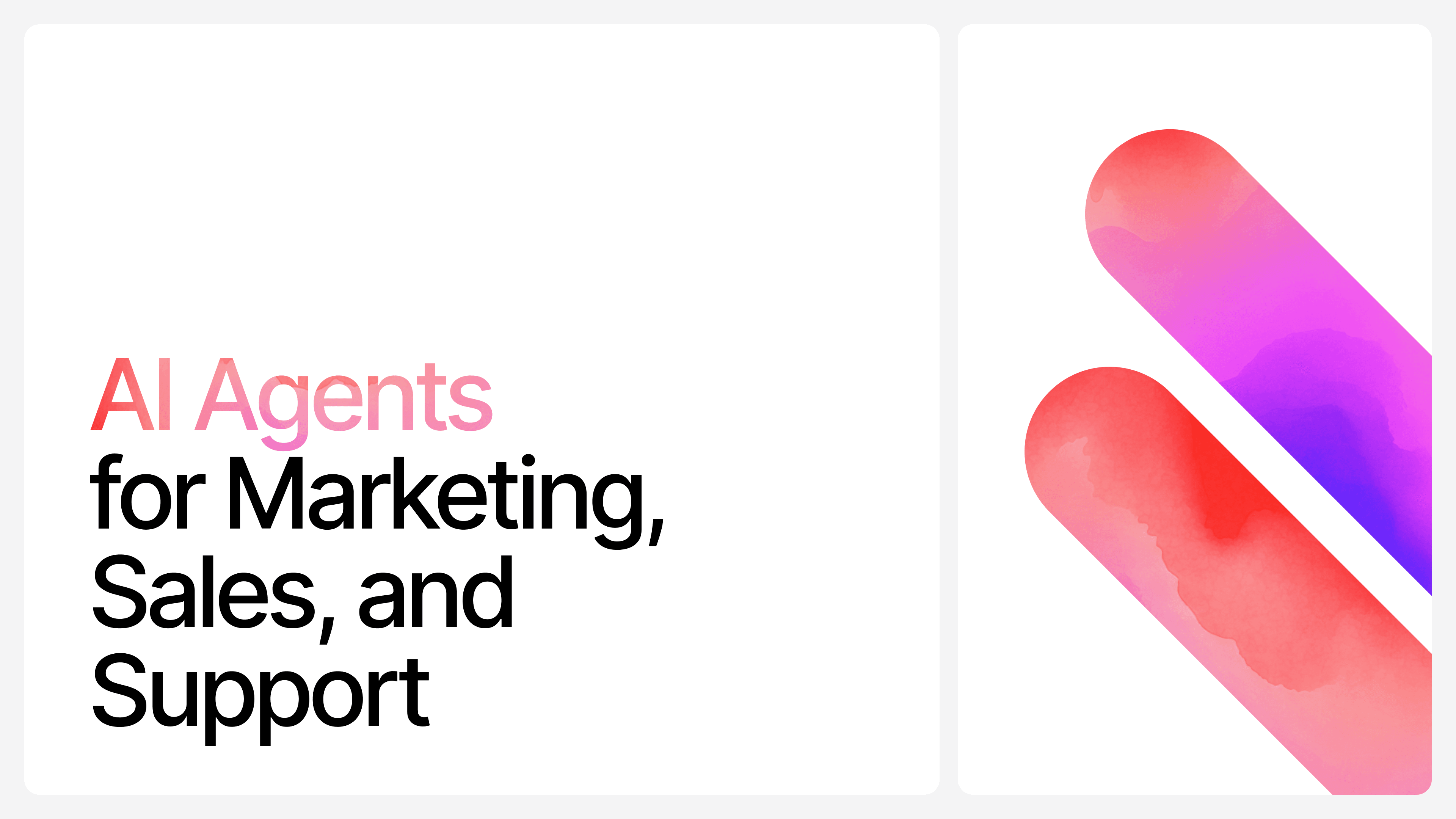What Is AI Automation
Max T
Sep 17, 2024
10 min read
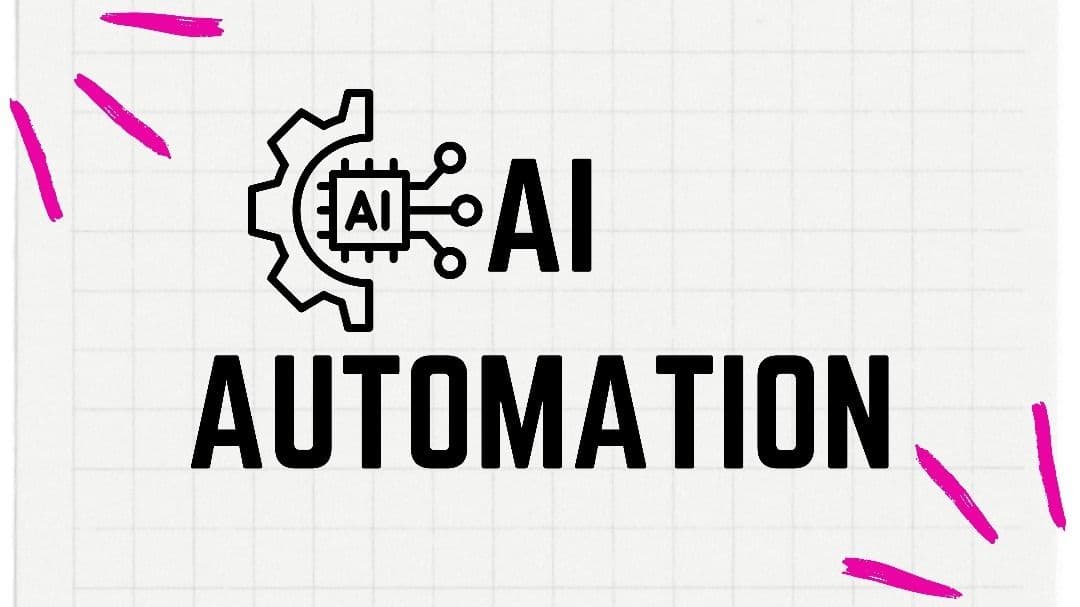
Artificial Intelligence (AI) has radically changed the way businesses operate by making processes faster, more efficient, and more reliable.
One of the key breakthroughs in AI is automation—where repetitive, time-consuming tasks are carried out by AI systems, allowing businesses to focus on strategy, innovation, and human-centric efforts.
AI automation is no longer a futuristic idea; it’s a practical tool that is transforming industries today. Here’s everything you need to know about AI automation and how it can help you achieve your business goals, faster and more efficiently.
What is AI Automation?
At its core, AI automation is the integration of artificial intelligence technologies with automated processes to handle tasks that typically require human intervention. For instance, utilizing an AI-powered rank tracker can automate the monitoring of website performance metrics, enabling businesses to efficiently track keyword rankings, analyze backlinks, and observe site changes across various regions and devices. This isn't just about using machines to do repetitive work; it's about empowering systems to think and adapt as they perform these tasks.
The distinction between traditional automation and AI automation is crucial here. While traditional automation relies on predefined instructions—like an assembly line following a set script—AI automation takes things further by learning, making decisions, and improving over time.
For example, think of a customer service chatbot. A basic automated system might respond to a limited set of questions based on fixed scripts, but an AI-powered chatbot goes beyond that. It can understand the intent behind a question, pull from a broader set of data, and even adjust its responses based on past interactions. AI doesn’t just follow a script; it writes its own as it learns.
Key Technologies Behind AI Automation:
- Machine Learning (ML): This is the heart of AI automation, allowing systems to learn from data without being explicitly programmed. ML algorithms improve as they process more information, making systems smarter over time.
- Natural Language Processing (NLP): NLP enables machines to understand and interpret human language. This is what allows AI chatbots to understand customer queries or virtual assistants to comprehend spoken commands.
- Robotic Process Automation (RPA): While RPA handles the repetitive, rule-based tasks, AI integration into RPA allows the system to make decisions on what tasks to prioritize or how to solve an unexpected problem.
In essence, AI automation mimics human problem-solving abilities but does so faster, with fewer errors, and on a much larger scale. Whether it's processing invoices, analyzing customer feedback, or even predicting market trends, AI automation can handle complex tasks more efficiently than traditional methods.
How Can AI Automation Help Your Business?
Whether you're running a small startup or a large enterprise, AI automation offers significant benefits that can boost efficiency, reduce operational costs, and enhance customer satisfaction.
Let’s break it down into practical, actionable advantages:
1. Boosting Efficiency and Productivity
One of the most immediate benefits of AI automation is the massive boost in efficiency. Tasks that might take hours for a person to complete—such as data entry, report generation, or customer follow-up—can be handled in minutes, or even seconds, by AI systems.
For example, an AI-driven accounting software could automatically reconcile financial statements, flagging discrepancies without the need for manual review. This frees up your team to focus on high-level tasks that require critical thinking, such as financial strategy and planning. By automating routine work, you're essentially multiplying your workforce without increasing headcount.
2. Reducing Operational Costs
Automating tasks means fewer manual hours required, which directly translates to cost savings. However, the real advantage of AI automation is that it allows you to scale operations without a proportional increase in resources. You can handle more inquiries, process more orders, or analyze more data without hiring additional staff.
Take, for instance, customer service. Instead of expanding your customer support team, you could deploy AI chatbots to handle common inquiries. This not only reduces staffing costs but also speeds up response times, improving customer satisfaction.
3. Improving Customer Experience
Speaking of customer satisfaction, AI can dramatically enhance how your business interacts with clients. AI-powered chatbots, for example, can provide instant responses to customer queries—24/7—across multiple channels. This means no more long wait times or missed opportunities. Customers get the answers they need immediately, whether it’s through your website, social media, or a messaging app.
And it's not just about speed. AI can personalize interactions by drawing on past customer data. For example, if a returning customer asks for product recommendations, the AI can suggest items based on their purchase history or browsing behavior. This level of personalization would be difficult to achieve manually at scale.
4. Data-Driven Decision Making
AI automation goes beyond handling basic tasks—it can also analyze massive amounts of data in real time. This is invaluable for businesses looking to stay agile and make data-driven decisions. Whether it’s identifying market trends, optimizing pricing strategies, or predicting inventory needs, AI can help uncover insights that would be impossible to detect manually.
For example, AI systems in retail can predict customer demand based on historical data, weather patterns, and even social media trends. This allows businesses to optimize inventory and avoid stockouts or overstocking, ensuring smoother operations and better customer satisfaction.
5. Enhanced Accuracy and Consistency
Humans are prone to errors, especially when handling repetitive tasks. AI, on the other hand, thrives in this environment. Automating processes like data entry, compliance checks, or invoice processing can drastically reduce human error. And because AI operates on rules and algorithms, it ensures consistency across the board.
In industries where precision is key—such as healthcare, finance, or manufacturing—AI automation can help ensure that tasks are carried out with high levels of accuracy every time. Imagine a healthcare setting where patient records are updated automatically, ensuring that every detail is captured correctly and consistently across all systems.
6. Scalability
As your business grows, so do the challenges of maintaining smooth operations. AI automation is inherently scalable. Whether you’re a startup managing a few hundred transactions or a multinational corporation processing millions, AI can scale with you. It’s like having a team that can expand instantly, taking on more workload without needing extra resources or training.
For instance, an AI-driven e-commerce platform can manage an increase in customer orders during a holiday season without breaking a sweat. It can automatically adjust inventory levels, process payments, and manage shipping logistics, ensuring a seamless experience for both the business and the customer.
How Can Your Business Use AI Automation?
AI automation isn't a one-size-fits-all solution; it can be tailored to meet specific business needs across various departments and industries. Whether you’re a small business owner looking to streamline customer support or a large enterprise aiming to optimize supply chain operations-supply chain operations and procurement automation, there are countless ways to leverage AI automation for tangible results.
Let’s dive into some of the most practical and impactful ways businesses can use AI automation, along with tools that can help you get started.
1. Customer Support Automation
Imagine a scenario where a customer visits your website, has a question about your product, and within seconds, they’re greeted by a friendly AI chatbot that provides them with all the information they need—anytime, day or night. No waiting, no frustration, just instant, accurate assistance.
How it works: AI-powered chatbots and virtual assistants use Natural Language Processing (NLP) to understand customer queries and provide relevant responses. These systems can handle everything from answering frequently asked questions to processing orders, and even troubleshooting common issues. For more complex inquiries, the AI can route customers to a human agent, ensuring that they get the best possible service.
Example: A company like Chatbase allows you to create custom chatbots trained on your business's data, so the chatbot can answer questions as effectively as a human representative. Chatbase can automate responses for customer inquiries, help schedule appointments, and even process payments.
Why it matters: By automating customer support, businesses can drastically reduce response times and improve customer satisfaction. Plus, it allows your human agents to focus on resolving more complex issues, increasing overall productivity.
2. Marketing Automation
In today’s fast-paced digital world, personalized marketing is crucial. AI automation helps marketers not only manage repetitive tasks like email campaigns but also tailor their outreach to individual customers based on behavior and preferences.
- How it works: AI marketing tools analyze user data—such as browsing history, social media activity, and past purchases—to segment your audience and create personalized content. Whether it’s automating follow-up emails or scheduling social media posts, AI ensures that your messaging is both timely and relevant.
Example: Tools like HubSpot or Mailchimp are equipped with AI features that automate email campaigns, social media scheduling, and even customer segmentation. These platforms help businesses deliver the right message at the right time, improving engagement and conversion rates. Automation tools like VerifiedEmail offer bulk email verification and segmentation, ensuring cleaner email lists and better deliverability.
Why it matters: By automating marketing processes, businesses can ensure consistent communication with their audience, increase engagement, and drive sales—all without manually managing each interaction.
3. Sales Automation
AI doesn’t just stop at marketing. It can also assist in automating and optimizing sales processes. Whether it’s scoring leads, automating follow-ups, or managing customer relationships, AI tools can supercharge your sales operations.
How it works: AI-driven sales tools can analyze customer behavior and predict which leads are most likely to convert. They can also automatically send follow-up emails, suggest next steps for sales reps, or even recommend upselling and cross-selling opportunities based on customer preferences.
Example: Salesforce offers AI capabilities through its Einstein feature, which can help businesses with lead scoring, opportunity predictions, and sales forecasting. It provides insights into customer behavior and suggests actions to close deals more effectively.
Why it matters: AI sales automation saves time, helps prioritize leads, and increases the likelihood of closing deals by providing actionable insights. This allows sales teams to focus on building relationships and closing more valuable opportunities.
4. HR and Recruitment Automation
Hiring can be a time-consuming and complex process. From sifting through resumes to scheduling interviews, there’s a lot of manual work involved. AI can streamline many of these tasks, improving efficiency and reducing bias in hiring.
How it works: AI recruitment tools can scan resumes for specific skills, qualifications, or experience, ranking candidates accordingly. They can also automate interview scheduling and provide predictive insights on the best cultural fit for your company.
Example: Platforms like iSmartRecruit, Workday and Lever use AI to automate parts of the hiring process, such as screening candidates or even recommending applicants based on job descriptions and past hiring trends.
Why it matters: By automating recruitment, businesses can significantly reduce time-to-hire, improve candidate quality, and ensure a more objective hiring process, free from human biases.
5. Data Analysis and Reporting
Analyzing vast datasets manually can be overwhelming, and errors are bound to creep in. AI automation takes the load off by quickly analyzing data, identifying trends, and generating reports that provide actionable insights.
How it works: AI-powered analytics tools can automatically process large amounts of data from various sources, uncover patterns, and present it in an easy-to-understand format. These tools can even predict future trends based on historical data, helping businesses make smarter decisions.
Example: Tools like Tableau or Power BI use AI to automate data visualization and reporting. These platforms can pull data from different departments—like sales, marketing, and finance—and provide you with clear insights to make informed decisions.
Why it matters: Automated data analysis ensures that businesses can make quick, data-driven decisions without relying on lengthy manual processes. It eliminates the guesswork and provides a clearer picture of your business operations.
6. Inventory and Supply Chain Management
Managing inventory levels and optimizing supply chains are critical tasks for businesses that deal with physical products. AI automation can help predict demand, optimize reordering processes, and ensure that your supply chain runs efficiently.
How it works: AI tools can monitor historical sales data, seasonal trends, and even external factors like weather or market conditions to forecast demand. This enables businesses to adjust inventory levels proactively and avoid costly overstocking or stockouts.
Example: IBM’s Watson Supply Chain is a powerful tool that leverages AI to help businesses predict demand, optimize logistics, and prevent supply chain disruptions. It provides real-time insights that can help businesses adjust their operations based on evolving conditions.
Why it matters: Automating supply chain management improves efficiency, reduces waste, and ensures that businesses are better prepared to meet customer demand without incurring unnecessary costs.
AI automation is changing the way businesses work by making them more efficient, cutting costs, and improving customer service. It helps businesses handle tasks faster and smarter. A key tool in this space is Chatbase, which brings powerful AI-driven customer support solutions. With Chatbase, you can offer your customers quick, personalized help at any time, saving you time and improving customer satisfaction.
Want to see how AI can make your business better? Sign up for Chatbase today and start automating your business.
Share this article:
